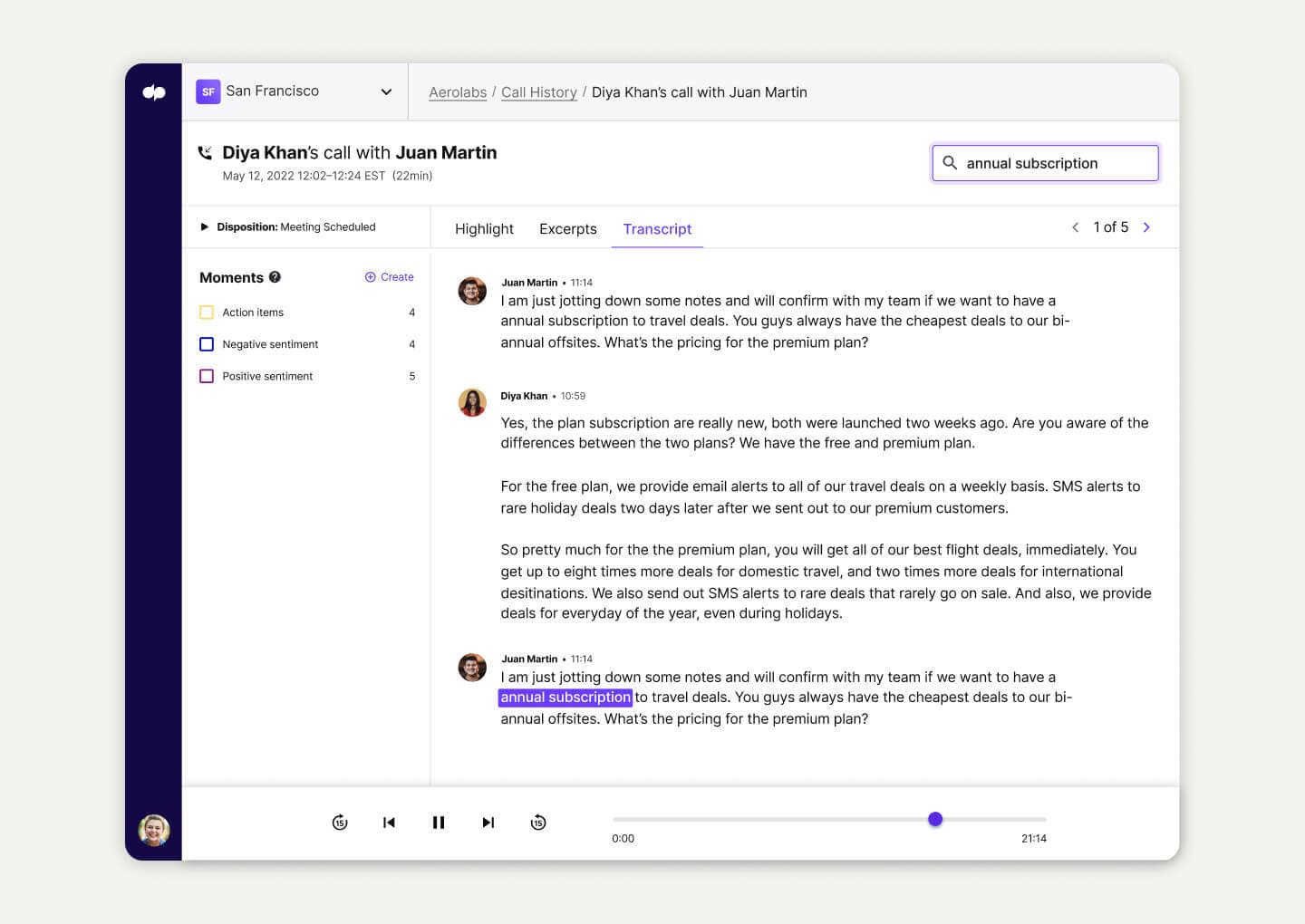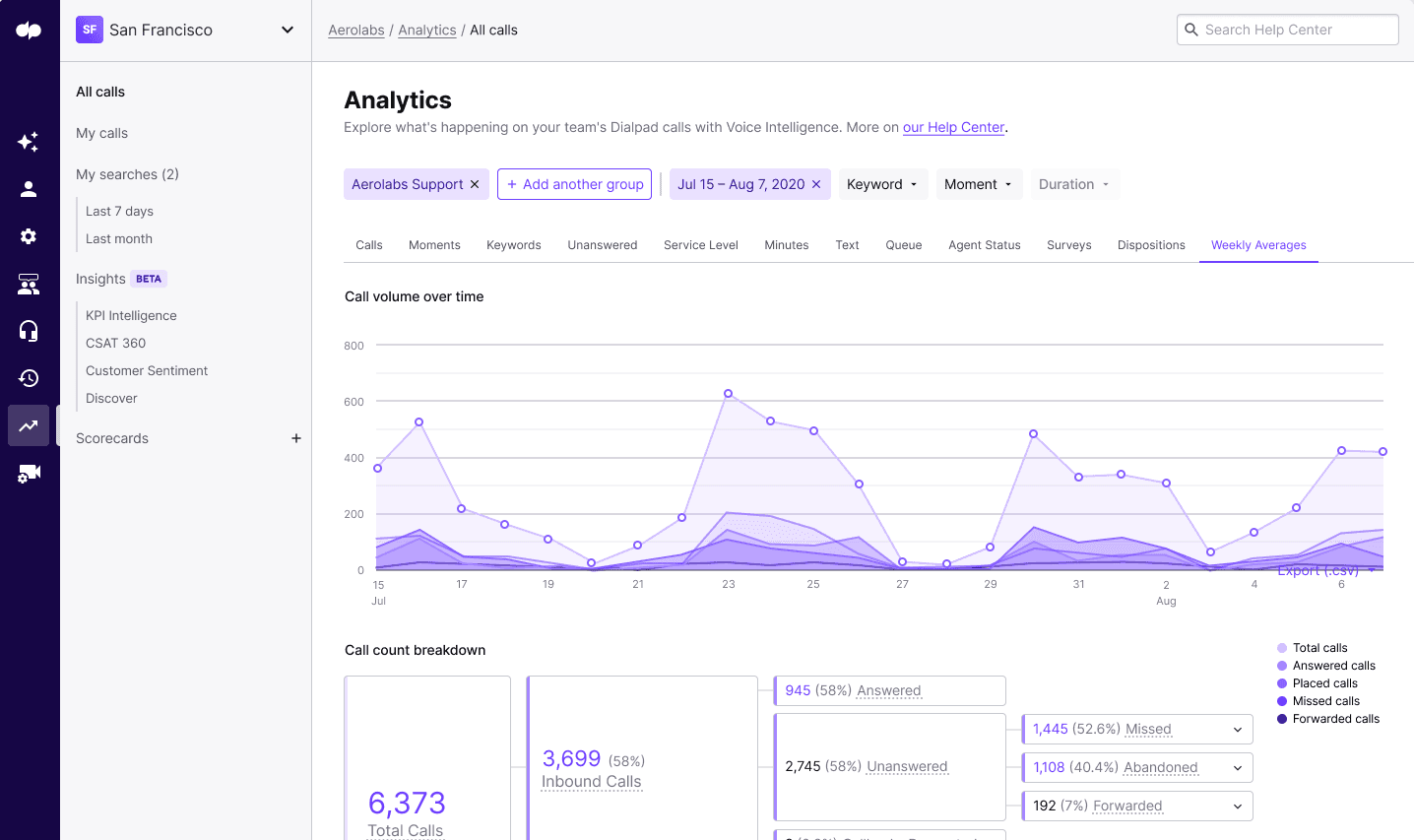Metropolitan Pediatrics's CIO is also a physician: How does he do it?

Director of Content

Tags
Share
TJ Anderson is a doctor for Metropolitan Pediatrics, a medical practice in the Portland area specializing in pediatrics, behavioral health, and lactation support. He’s also their Chief Medical Information Officer, which means he brings a doctor’s lens to the role of CIO—using technology to improve patient experience and health outcomes.
He splits his week between providing medical care and ensuring fellow doctors and clinics have the technology and systems they need to put their patients first. “I've tried to marry the two together,” says Anderson. “What brought me to Metropolitan Pediatrics are the committed pediatricians and many opportunities to use new technology to improve the patient experience and health outcomes.”
Using the technology himself during appointments gives Anderson a unique advantage when choosing tools that help Metropolitan Pediatrics lead with empathy and provide the best possible care for all of their patients. Here are some of the tools and systems he’s chosen to help put patient care first.
Using Dialpad Ai to provide a better patient experience
Doctors have a lot on their hands during any given appointment, and artificial intelligence can play a role in helping them focus their attention where it matters. Metropolitan Pediatrics uses Dialpad as a tool to review calls with patients and ensure that doctors have an accurate account so they can make the best plan moving forward.
“With six clinics and five managers, they all hear things from staff, like ‘The patient said this, or the patient said that,’ so it's nice to go back and look at those transcripts,” says Anderson. “It really sheds some light on those conversations.”

Being able to capture feedback for analysis is another way for Anderson and his team to remain patient-centric and continually improve from a customer service perspective. “When patients happen to submit a constructive piece of feedback, we’ll reach out to them and tell them that we heard them and see if we can do better next time,” says Anderson.
“One of the benefits of Dialpad’s voice transcription is we've been able to go back and listen to calls and read what our agents said or how they said it and fully investigate where we can continuously improve or do things better.”
Being able to use that information and give feedback to agents improves future interactions in real time, which means the patient experience is always improving.
Secure cloud applications
When the pandemic hit, the medical field had a lot to worry about aside from the technological difficulties many industries faced when some or all of their staff worked remotely for the first time. That crisis pushed Anderson and his team toward more cloud services so that they could quickly and easily control the flow of information of any employee logging on from home.
“Phones having a web interface has been amazing for our remote workers, because they can just log in and use our cloud-based applications, which has been great,” he says. Of course, ensuring the security of patient information is top of mind for any CIO in the medical industry, and as such, it requires a multi-pronged approach.
“Security is probably the biggest challenge with new systems,” he says. “Obviously we don't want people logging in on their aunt’s and uncle’s Wi-Fi and downloading information.” With more and more people working from anywhere, Anderson shifted to moving all of Metropolitan’s physical server storage over to the cloud.
Anderson also employs tools like multi-factor authentication for his cloud-based systems to enforce security compliance.
“Having good, secure encrypted systems is definitely important for communications, having solid BAAs in place, and using trusted storage systems—the big players—for your cloud services is really important.”
Analytics to better serve patients
Because Metropolitan Pediatrics is a group of clinics, now with remote doctors from all over the Portland region, they receive a lot of calls throughout the week. When the calls are properly tracked, they contain data that can make business much more efficient. And having that data localized under one dashboard across the business has made this process all the better.
Using Dialpad Support, Anderson and his team can easily analyze that data and use it to make business decisions.
“We work with our analysts to make sure that their questions are answered and we're finding all the business information we need. For me, that means looking at call volume patterns, dropped or lost calls in Dialpad, and trying to see if there are trends that we can use to plan operations.”

For example, after analyzing recent data, the Metropolitan Pediatrics team found supporting evidence that the organization consistently received the most calls on Mondays and Fridays. Because they could identify this trend, that meant they could more appropriately staff for those high-volume days, and ensure that patient needs were met more quickly and efficiently.

“It helps me understand what it's like as a patient to be able to use technology and it certainly influences the decisions that we make as an organization,” he says. “It has to be easy, intuitive, and friendly because for people—especially parents with young ones—time is precious.”
Looking towards the future, Anderson is excited about the potential that technology has in the medical field. AI used for tasks like automated documentation for more accurate medical notes already exists, and we’re not far from more widespread automated predictive models that can learn to predict health outcomes based on data and then take action on those predictions.
“Looking at technology through the lens of a doctor and a father helps me understand the patient perspective,” says Anderson. “It really impacts what we focus on.”
✨ Get the CIO Playbook
Along with interviews from 11 other leading CIOs across different industries!
